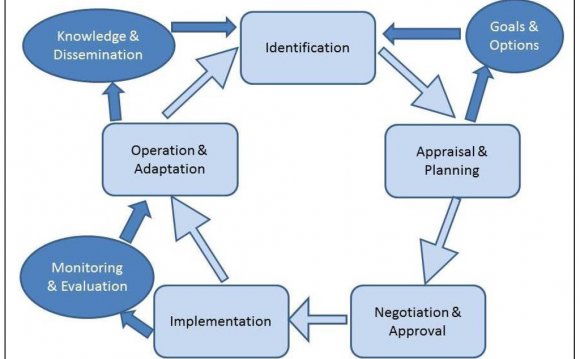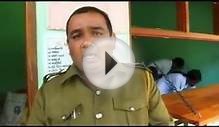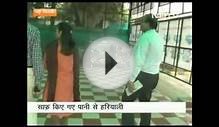
In 2000, solid-waste collection services in Bosnia and Herzegovina covered only about 60 percent of the larger municipalities and a much lower share in rural towns. Institutional and enforcement capacity was weak, and equipment for waste collection and disposal were obsolete and poorly maintained. As a result, significant amounts of waste were improperly discarded in wild dumps, roadsides, rivers, and mines—posing a direct risk to public health and causing serious environmental problems.
The IDA-financed Solid Waste Management Project was launched in 2002 to improve solid waste services in priority areas. Project objectives included increasing administrative and technical capacity for solid waste management at the local and entity level, improving cost recovery, encouraging private sector involvement, addressing environmental problems, and reducing health hazards caused by inadequate waste collection and disposal systems.
Six regional sanitary landfills have been established, benefitting almost half of the country’s population.
Highlights:
- Widespread impact. Nearly 50 percent of solid waste is now disposed in a sanitary landfill or in another environmentally sound manner. There were no functioning regional sanitary landfills before the project.
- Wild dumpsites closed. A total of 145 wild dumpsites were cleaned and closed, greatly reducing environmental and health hazards. This represents more than a 10 percent reduction of wild dumpsites. By the end of the project, 15 percent will be closed.
- Recycling established. Sarajevo and Banja Luka have recycling arrangements with private recycling factories for paper, plastic, metal, and tires. The Sarajevo landfill is now a model for the rest of the country and the region.
- Collection rates increased. The collection rate in the project region has increased by about 75 percent—from 40 to 70 percent, in a period of 6 years.
- Management districts established. Seven multi-municipal waste management districts were established through the cooperation of multiple municipalities during a period of five years. Implementation progress has been particularly impressive in Sarajevo, Banja Luka, Zenica, and Bijeljina
The Solid Waste Management Project was launched in 2002 at a total cost of US$21, of which IDA financed US$18 million. A supplement in 2005 added US$9.3 million, of which IDA financed US8 million. The Second Solid Waste Management Project is set to run from 2008 through 2014. Its cost is US$43.5 million, of which IDA is financing US$15 million and IBRD US$25 million. In all cases, the government provided the rest.
In addition to its financial contributions, IDA played a coordinating role in helping the government raise additional resources from other donors.
In 2009, the Swedish International Development Cooperation Agency (SIDA) and the European Union (EU) decided to provide additional support to the sector. SIDA has allocated Euro 10 million to facilitate well-functioning solid waste systems in municipalities and will finance public awareness campaigns, recycling activities, hazardous waste treatment, and staff training. Close cooperation with the EU started in 2000, when the European Commission funded the preparation of the solid waste strategy, which is guiding sector investments. Additional donors have provided substantial technical assistance (EU, SIDA, JICA, and USAID).
Although progress under the first project was impressive, wild dumping remains a challenge—and illegal dumpsites can still be found in many municipalities. What’s more, these wild dumpsites still pose significant health and environmental risks. To meet this challenge, the Second Solid Waste Management Project is establishing an additional six sanitary landfills by the end of 2014, and finalizing the rehabilitation of existing landfills. It aims to improve the disposal management system, enhance coverage, improve groundwater quality at disposal sites, increase customer satisfaction, and smooth the transition as advanced regional landfills introduce advanced separation and recycling facilities.
RELATED VIDEO












